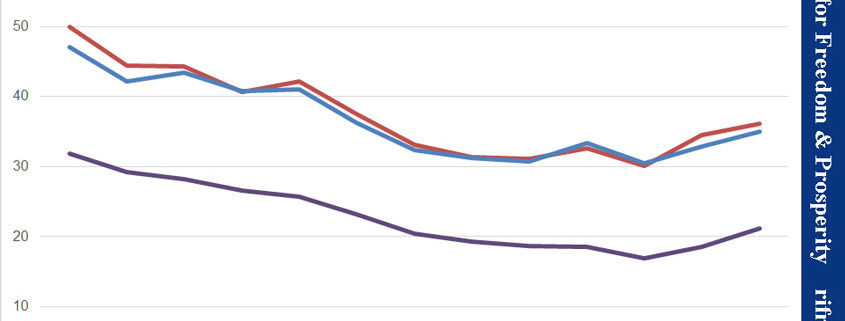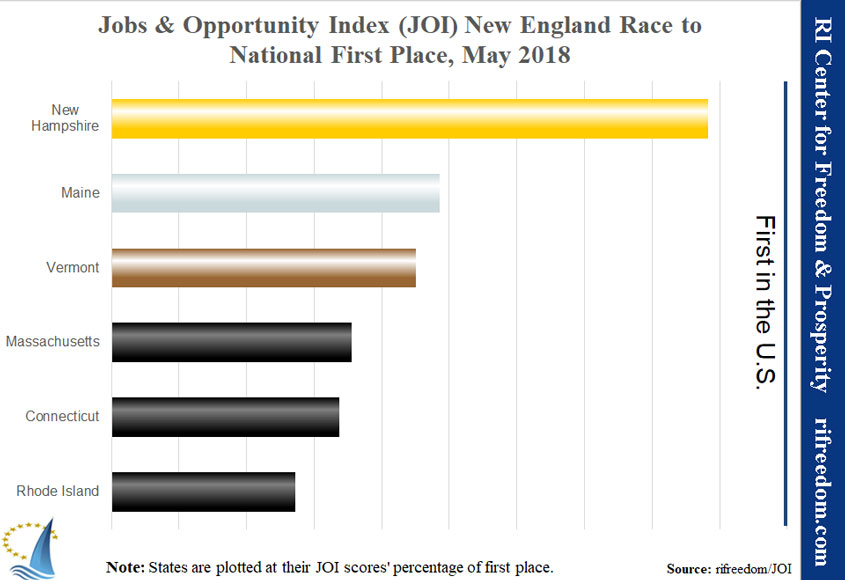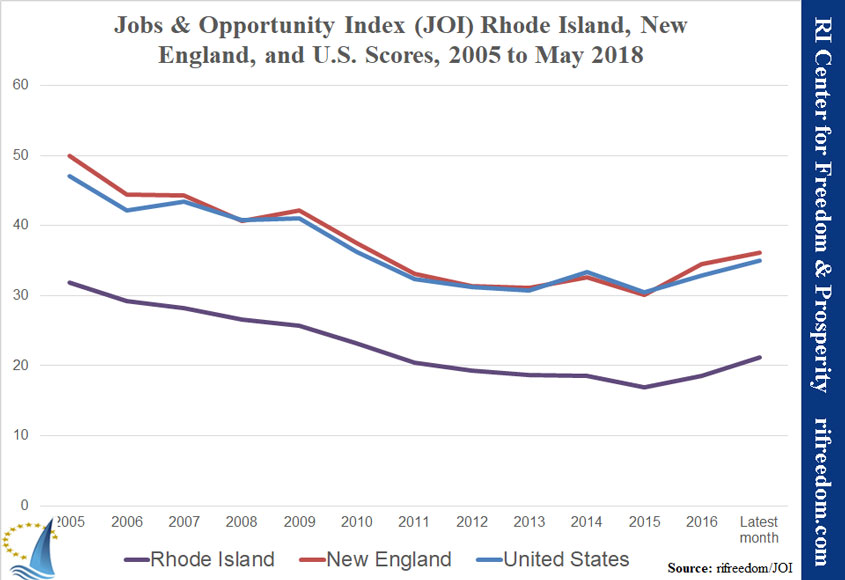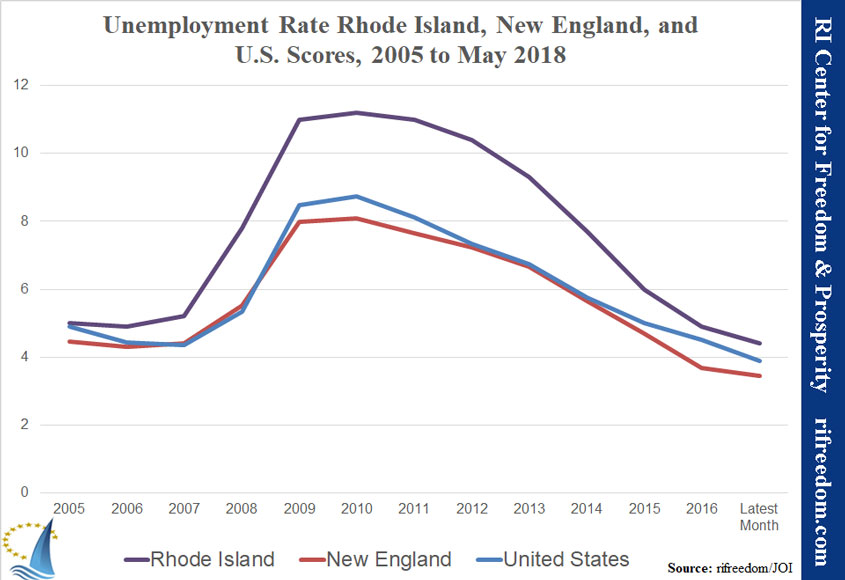Political Money & Power Grab by Unions Would Threaten Patient Safety
Citizens concerned about the care of their loved ones can contact their lawmakers online
Forced SEIU unionization would fly in the face of expected U.S. Supreme Court ruling
FOR IMMEDIATE RELEASE: June 19, 2018
Providence, RI – The Rhode Island Center for Freedom & Prosperity opposes legislation that would lead to the unionization of the home care industry, against the will of the nurse assistants and other professionals currently providing services to home-based patients. If enacted, the safety of patients would be put at risk, while Rhode Island families and businesses would be forced to pay higher taxes to support exorbitant union demands.
Outrageously, some of these higher taxes, intended for home care services, would be siphoned-off by unions, and will end-up in the political campaign coffers of SEIU.
According to the Center’s sources, H7803 may soon be resurrected from its “held for further study” status and will be re-considered following a major push by SEIU and other progressive activists who are seeking to give government control over the home care services industry. S2734 Sub-A was passed by the entire Senate in late May.
The legislation would force all home care workers, most of whom are employed under a successfully operating private ‘agency’ system, to register with the government, becoming quasi-public employees, with their names and other personal information then to be turned over to SEIU labor bosses for the purposes of unionization efforts. A very similar approach was taken in 2013 to unionize the home child care industry; since then, union negotiated – and taxpayer funded – costs to support this industry have risen dramatically.
Concerned citizens are requested to support an online ‘contact your lawmaker’ drive against the legislation, spurred by the Rhode Island Partnership for Home Care, which believes that government-run home care would destabilize the industry.
“This is a blatant money and power grab by unions that would crush a smoothly performing private agency system that is providing high quality home care to elderly, Medicaid, and other patients; and essentially turn over control of this industry to overly politicized and incompetent government bureaucrats,” said Mike Stenhouse, the Center’s CEO. “The training standards and strict oversight now required of nursing and other home care professionals would be greatly diminished. Why would we want to put government in between patients and their home care service providers?”
The Center also points out the incongruity of this legislation and the direction that the nation may soon be taking, following next week’s expected U.S. Supreme Court decision in the landmark Janus case, which would end the forced unionization and fee payments of public employees. “Once again, while America is moving towards more freedom and less governmental control over our lives, Rhode Island wants to move in the opposite direction, consolidating centralized-control and planning under the political elite and their special-interest allies,” warned Stenhouse.










